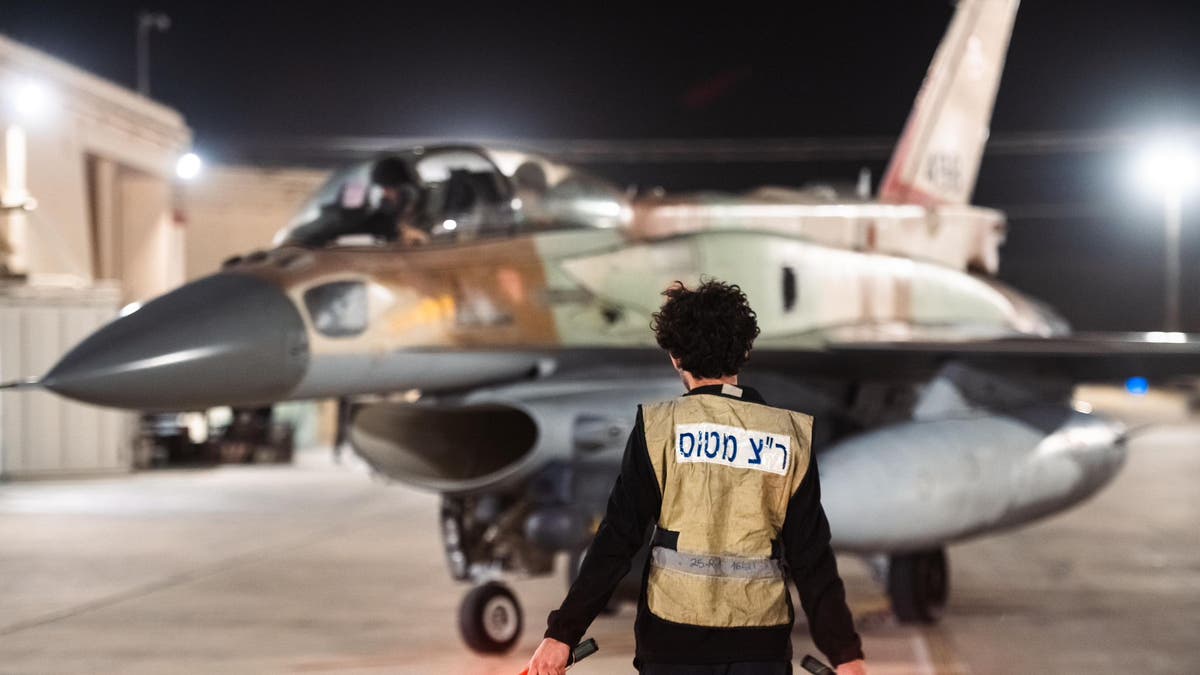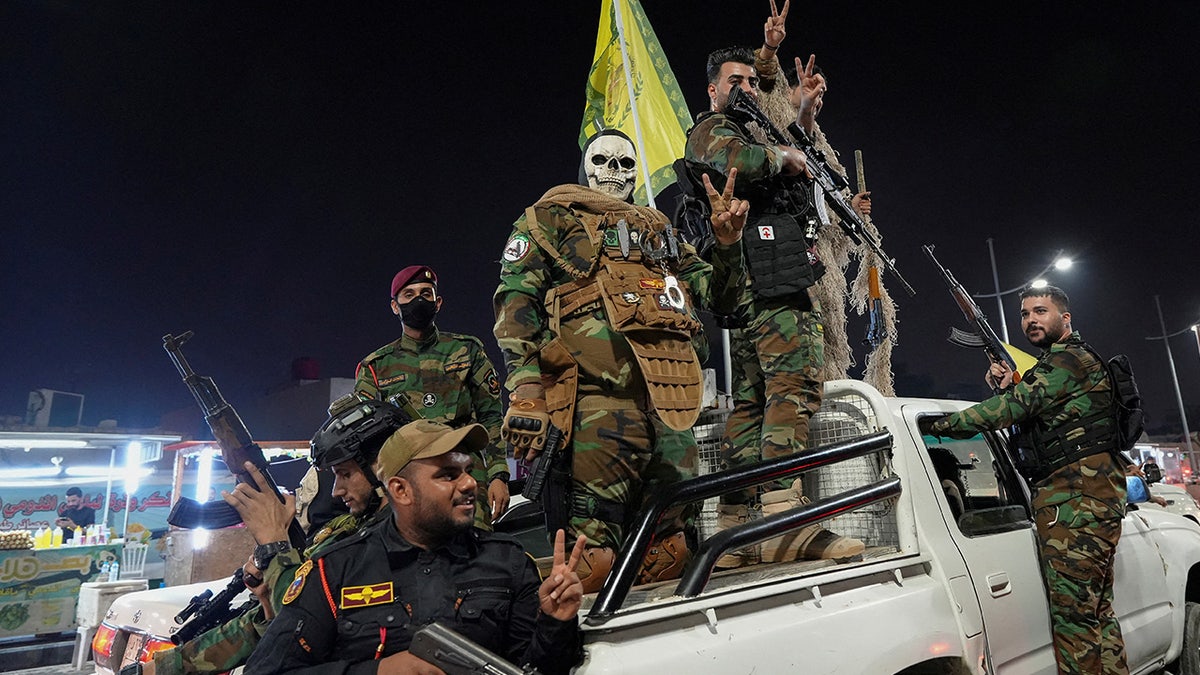Gen. Keane: The damage to Iran is beyond what's being reported
Fox News senior strategic analyst Gen. Jack Keane (Ret.) weighs in after Iran threatened a 'definitive and painful' retaliatory attack after Israel's latest strike.
Iranian officials have warned they are planning the country's next attack using more powerful warheads than any previously used weapons in strikes against Israel, despite U.S. warnings against a counter-attack on the country, according to reports.
Israel attacked Iran on Oct. 26, targeting critical military infrastructure. The attack from Israel came in response to a wave of about 200 missiles launched from Iran into Israel on Oct. 1.
The Wall Street Journal reported that Israel has refrained from striking oil and nuclear facilities in Iran, which are essential to its security. Israeli officials have said that logic could change.
Iranian and Arab diplomats reportedly said its conventional army could be involved in future attacks against Israel, after losing four soldiers and a civilian in Israel’s most recent attack. But using the conventional army does not necessarily mean troops would be deployed, but instead, it could mean the Islamic Revolutionary Guard that typically deals with Israeli security measures may not act alone.
US BOMBERS ARRIVE IN MIDDLE EAST AS CONCERNS OF IRANIAN ATTACK ON ISRAEL MOUNT

Many rockets, fired from Iran, are seen over Jerusalem from Hebron, West Bank on October 01, 2024. The Israeli army announced that missiles were fired from Iran towards Israel and sirens were heard across the country, especially in Tel Aviv. (Wisam Hashlamoun/Anadolu via Getty Images)
Arab and Iranian officials also said Iran does not plan to limit its response to drones and missiles, like the previous attacks. Any missiles used in the future, the officials added, would have more powerful warheads.
In the attack on Oct. 1, the WSJ reported, Iran said it mostly used four different types of medium-range ballistic missiles.
Foundation for Defense of Democracies (FDD) senior fellow Behnam Ben Taleblu told Fox News Digital the challenge with signaling an attack is that it must be mutually intelligible. He said any successful strike, like the one by Israel in October that was designed to stem escalation, can be perceived by the Iranian regime as a slight that must be responded to.
ISRAEL KILLS ANOTHER HEZBOLLAH COMMANDER IN RETALIATORY STRIKES: IDF

Israeli Air Force planes departing for the strikes in Iran on Oct. 26. (IDF Spokesman's Unit)
"Assessments from Iranian outlets and officials have morphed from trying to downplay the strike to using it to grandstand and threaten revenge," Taleblu said. "Make no mistake, Tehran still has the capability to respond. The Islamic Republic can still fire considerably more projectiles and with heavier warheads than have been employed in its first two direct attacks against Israel. Escalating without air defenses is either leading with one’s chin or setting the pieces of the puzzle in place to justify a move towards developing atomic weapons."
On Saturday, Iran claimed it is capable of building a nuclear weapon when Supreme Leader Ayatollah Ali Khamenei vowed a "tooth-breaking" response to the actions of both Israel and the U.S. on Saturday.
Kamal Kharrazi, a top adviser to Khamenei, issued a warning about Iran’s nuclear capacity on Friday, saying the country may be prepared to alter its policies on using nuclear weapons if the nation faces an existential threat.

Iran-backed shi'ite groups fighters celebrate on a street, after the IRGC attack on Israel, in Basra, Iraq. (REUTERS/Essam Al-sudani)
"If an existential threat arises, Iran will modify its nuclear doctrine, we have the capability to build weapons and have no issue in this regard," Kharrazi told Lebanese media.
The threat from Iran remains to be seen.
The WSJ also reported that the Iranian official said it does not want to influence the U.S. election with the attack, adding any response to Israel’s attack on Oct. 26 would come after Election Day on Tuesday but before the winner of the presidential election is inaugurated in January.
Fox News Digital’s Anders Hagstrom contributed to this report.









































